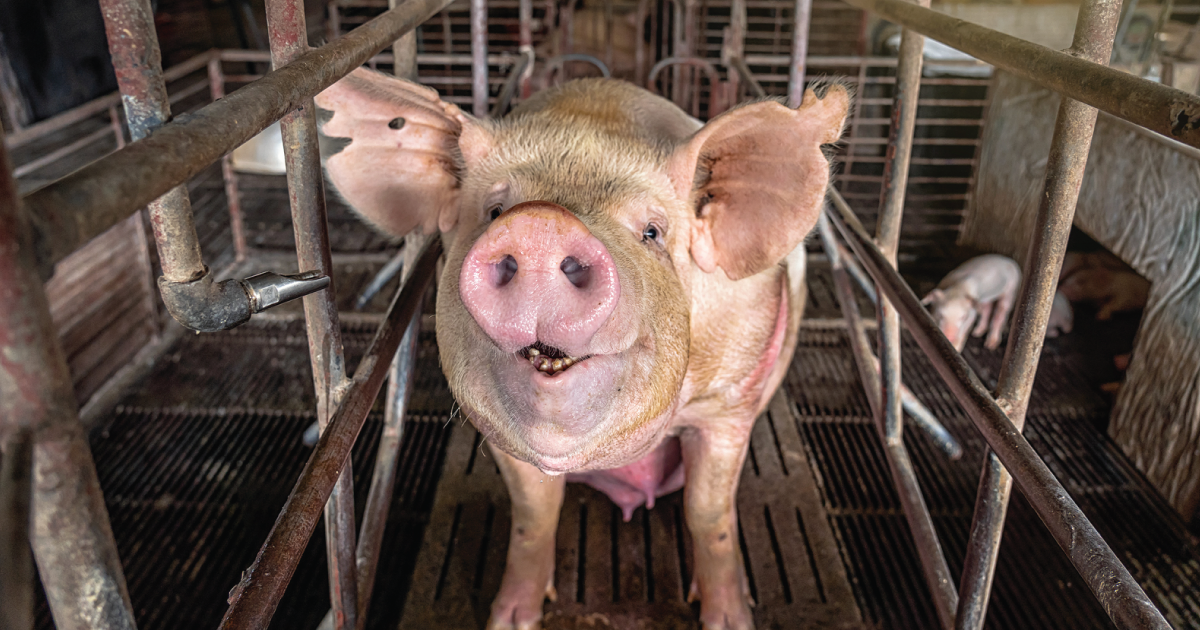
More States Are Restricting Who Can Sue Agriculture Operations
In the nation's top livestock-producing states, people living next to large-scale livestock operations often complain of odors, asthma, and hordes of flies. These concentrated animal feeding operations, or CAFOs, produce more than 1.1 billion tons of manure a year, but are subject to limited federal oversight, so their neighbors have turned to nuisance lawsuits to fight back.
April 15, 2019 | Source: Pacific Standard | by Emily Moon
Six states are restricting lawsuits against concentrated animal feeding operations in ways that will disproportionately affect low-income communities.
In the nation’s top livestock-producing states, people living next to large-scale livestock operations often complain of odors, asthma, and hordes of flies. These concentrated animal feeding operations, or CAFOs, produce more than 1.1 billion tons of manure a year, but are subject to limited federal oversight, so their neighbors have turned to nuisance lawsuits to fight back. In North Carolina, a jury awarded the neighbors of Smithfield Foods’ hogs farms $474 million in damages last year, the Winston-Salem Journal reports.
According to a report from the Food and Environment Reporting Network, agribusiness leaders don’t want this kind of payout to happen again: With the support of state farm bureaus, more states are expanding laws that restrict who can sue a CAFO, and for how much. West Virginia and Oklahoma passed bills in March and April; lawmakers in Utah, Nebraska, and Georgia are considering similar proposals.
